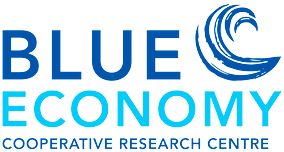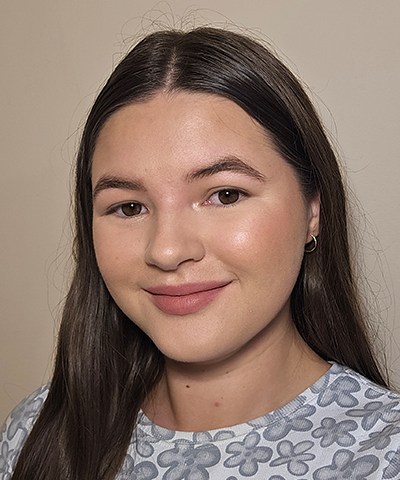Jessica Roach
Jessica Roach
Thesis Topic
Creating opportunities for Bull Kelp aquaculture
PhD Start Date
May 2023
PhD Project Objectives
The objective of this project (2.21.003) is to provide fundamental information needed to further develop a Durvillaea (Bull Kelp) aquaculture industry in New Zealand. This project will be primarily focus on the endemic species D. poha and D. antarctica.
This will be achieved by investigating; seasonal patterns of reproduction in Durvillaea species, alginate/fucoidan content variations, critical abiotic factors affecting early development/growth, and substrata preference for settlement, attachment, and out planting of hatchery reared Durvillaea juveniles.
The interest in Durvillaea species is because they are top contenders for offshore seaweed cultivation due to their strong wave energy tolerance and their high production in alginates (alginic acid) and fucoidan, which forms the structural polysaccharides in the cell walls. Brown seaweeds are already commercially cultivated and harvested for their alginate and fucoidan in both the northern and southern hemispheres but is yet to be commercially achieved in New Zealand. Studies have shown that seaweeds known to inhabit higher turbulent regions have a higher alginate content when compared to seaweeds in calmer waters, as these specific polysaccharides gives strength to the cell walls to prevent the plant from drying out during low tides.
D. poha and D. antarctica are endemic seaweeds to New Zealand which prefer these high wave energy regions. They are also considered tapu (sacred) in Māori culture as they were utilized by their ancestors for weaving storage bags used to carry and transport food and water. This has led to an increased interest in creating an aquaculture industry out Durvillaea as it is important to New Zealand industries and indigenous members to utilize and protect what has always been here.
This study is essential because the necessary biological information required for successful cultivation (reproduction, early life-cycle development and growth, hatchery methods, and grow-out requirements) is not yet known for these species, displaying a significant knowledge gap for developing a successful Bull Kelp aquaculture industry in New Zealand. The creation of an offshore Durvillaea aquaculture industry in New Zealand will not only provide a multitude of job opportunities but will help integrate indigenous knowledge to commercial industries greater than it is now, which is overall beneficial for New Zealand science in the future.
Biography
Hello, my name is Jessica Roach; I am from a small rural town called Opunake in Taranaki, New Zealand. I am a New Zealand Māori, with local ties to the Ngāti Kahumate hapu of Taranaki iwi. I completed my BSc at AUT; majoring in Marine Biology in 2020, then undertook a two-year MSc in Marine Science during 2021-2022. I have always been around the ocean growing up where it be for surf lifesaving or recreation, so I decided this is where I wanted my future job to be. In my free time, I love to read, go on hikes, and just hang out with my mates.
Supervisory Team
Primary Supervisor: Prof. Lindsey White
Auckland University of Technology
Co-Supervisor: Paul South
Cawthron Institute
Co-Supervisor: Associate Prof. Armagan Sabetian
Auckland University of Technology
2024 Participants Workshop Poster
As part of the 2024 Participants Workshop, our PhD Scholars exhibited a poster on their research.





